AA Nanotoursim Ljubljana 2024 Projects
COURSE DESCRIPTION
For its 10th edition, the AA Nanotourism Visiting School took place in the central European, pocket-size capital, Ljubljana, Slovenia, where several works of the architect Jože Plečnik had been listed in 2021 by the UNESCO World Heritage.
The works of Jože Plečnik in Ljubljana “presented an example of a human-centred urban design” (UNESCO) that elevated the public space of the city and contributed to the distinct architectural identity of Ljubljana. Furthermore, the set of works is protected as a whole, rather than as isolated architectural fragments. The value of Plečnik’s contribution to Ljubljana is recognised as an urban whole.
Yet, Ljubljana remains a vibrant city facing contemporary challenges from the overwhelming saturation of international daily visitors to the absolute commodification of public spaces. Plečnik’s work and persona have been too often superficially abused for shallow tourist consumables, and the qualities of his work, underlined by UNESCO, remain largely invisible to visitors and inhabitants alike. How does one reconcile Plečnik’s ambitions with contemporary city life? This was what AA Nanotourism Ljubljana 2024 aimed to explore, test, and experiment on.
The goal was to develop 1:1 scale, conceptual, locally specific interventions in the form of built installations, events, and strategies. Through collaboration with local stakeholders and a set of experts, the participants imagined and implemented future collaborative prototypes of locally responsible tourism.
LOCATION
Faculty of Architecture, University of Ljubljana
Slovenia
PROJECTS
COURSE IMPRESSIONS
MENTORS
VISITING EXPERTS
SYMPOSIUM: PLECNIK, CITY AND NANOTOURISM
Symposium, 6th of Sep 2024 at 15:00, Museum of Architecture and Design
The international student workshop AA Nanotourism Visiting School, organised in collaboration with the Museum of Architecture and Design (MAO) and the Faculty of Architecture, University of Ljubljana, will take place in Ljubljana between the 6th and the 20th of September 2024. The symposium is a starting point for twenty international students to engage in the research-design-make process and is also open to the public. It will provide new insights into the relevance of Jože Plečnik's work for today and establish a framework for a broader discussion and expanded discourse on Plečnik's work and its impact on the citizens and visitors of Ljubljana.
Recently, several of Plečnik’s works have been listed by the UNESCO World Heritage, and while they “present an example of a human-centred urban design” (UNESCO) this opens up questions related to the contemporary challenges that the capital of Slovenia faces – questions relating to urban design, use of public spaces, Plečnik’s relevance, his interventions in Ljubljana, the way we talk and exhibit his work, and the way his work influenced contemporary architecture and architectural production of Slovenia.
Extensive research on Plečnik and his work has been generated and presented in various forms by a generation of researchers and architects. Boris Podrecca, Peter Krečič, Damjan Prelovšek, Andrej Hrausky and others have created a solid foundation and made significant contributions to the understanding of the master's work. With the recent 150th anniversary of Plečnik’s birth, new views and attitudes have been established in response to the current state of affairs. We will encourage a multitude of perspectives, views and examinations that touch on Plečnik, his work and the consequences of it, his relevance to our time and the potential that his works open for further understanding of the city of Ljubljana. The symposium aims to tease out new and fresh views on Plečnik’s legacy that reach beyond the traditional discourse on historicity and are not bound by a certain accepted view of Plečnik.
The speakers will reflect on the relevance of Plečnik’s work and expand on the way their respective research and practices have been informed by the legacy of Plečnik.
What is still relevant and what became obsolete?
Can a different understanding of Plečnik’s work generate new practices?
And ultimately, what can we learn from the “Master” today?
SYMPOSIUM SPEAKERS
SPONSORS
IN COLLABORATION WITH
















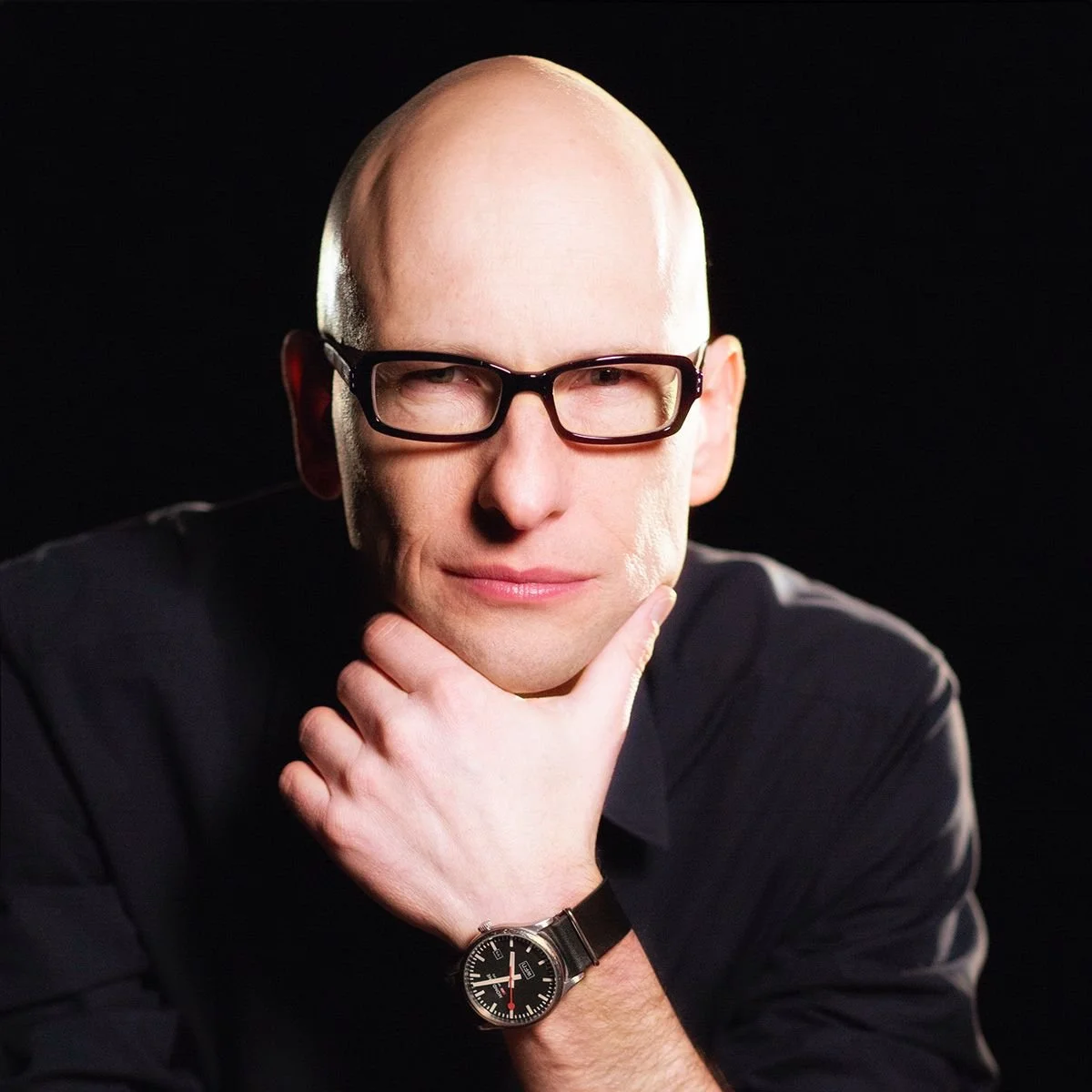


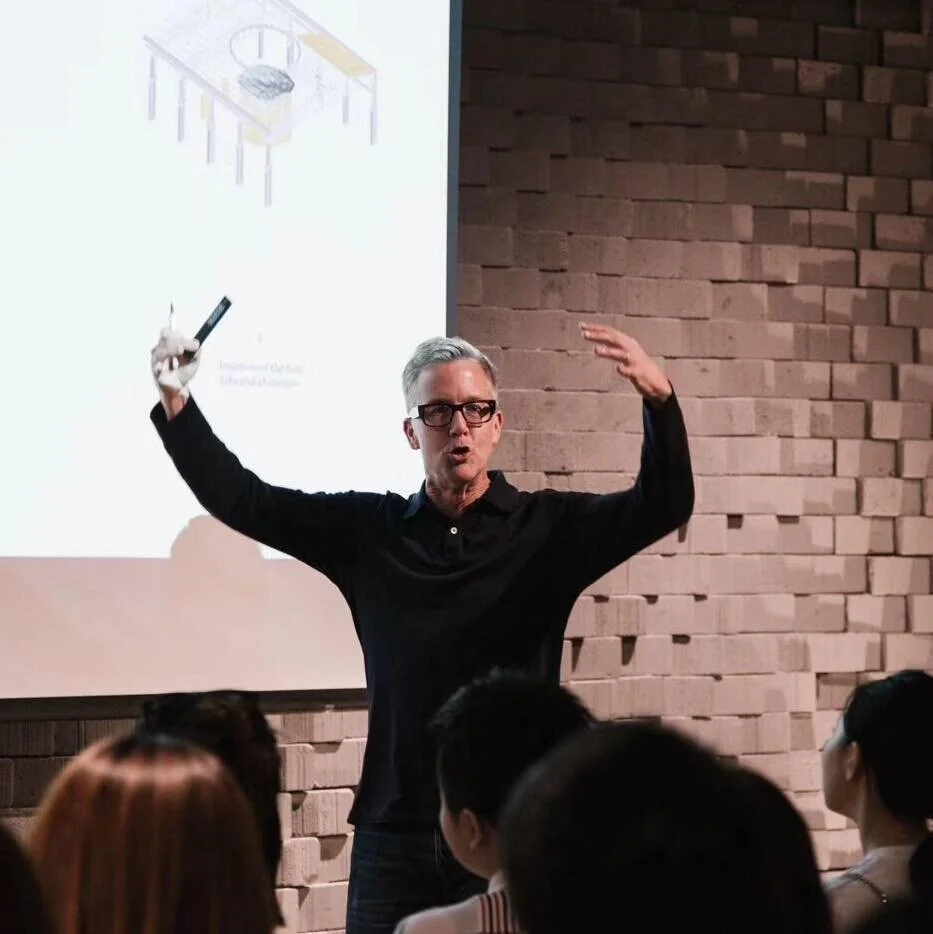



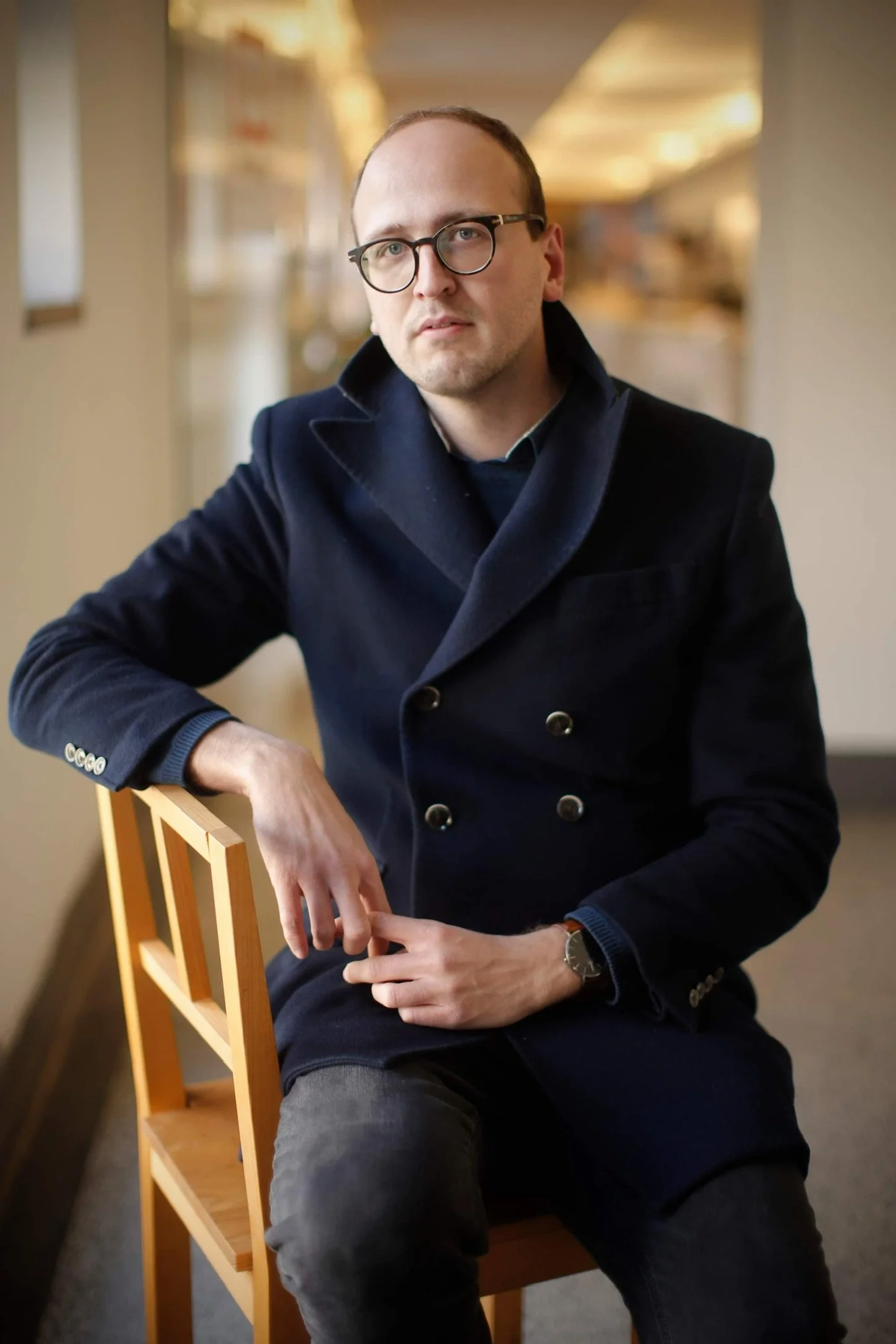
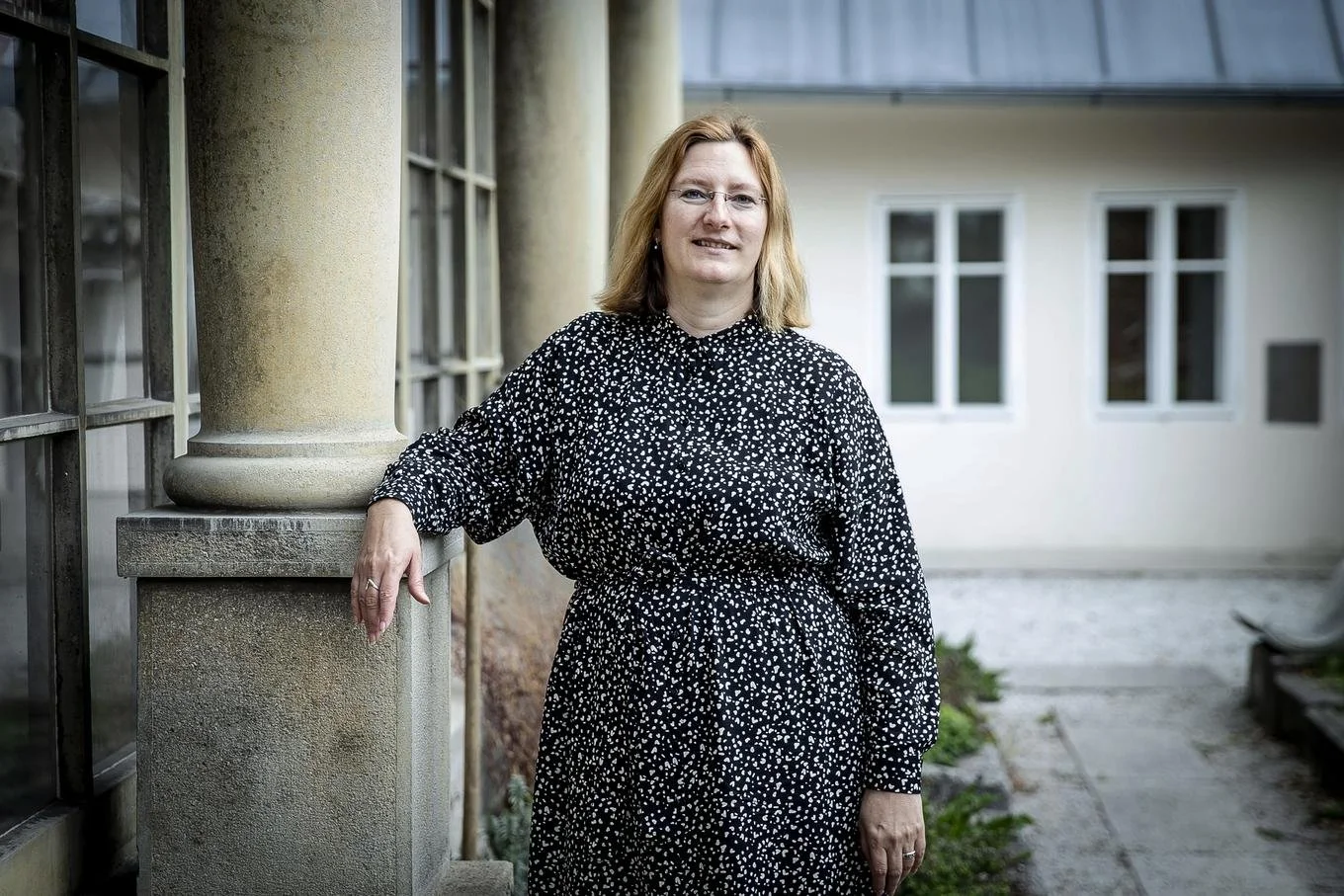
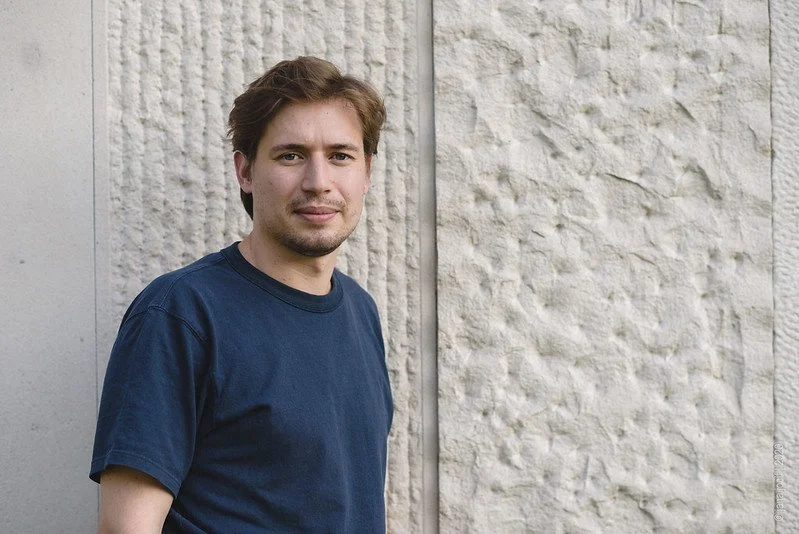




















Amin Taha
Invited Mentor
https://groupwork.uk.com/